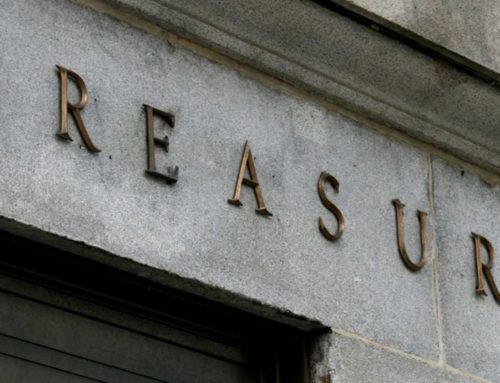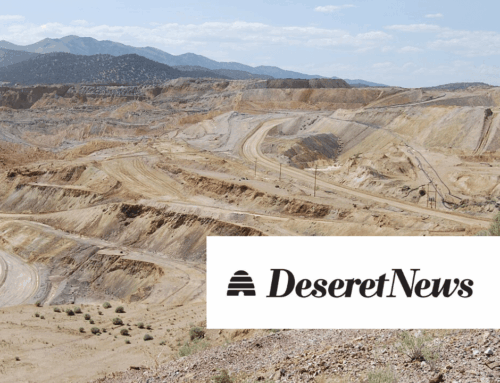Dear Majority Leader Thune, Minority Leader Schumer, Chairman Lee, and Ranking Member Heinrich,
As you begin consideration of the House-passed reconciliation bill (“OBBBA”), we urge you to preserve the recent, commonsense updates to the federal onshore oil and gas leasing program—and to reject provisions that would reduce the royalty rate and reinstate noncompetitive leasing. The current, modernized leasing system is delivering measurable benefits for taxpayers, state governments, and the communities living near oil and gas operations. Maintaining these updates is crucial for generating fair revenue, appropriately valuing our natural resources, and ensuring responsible energy development.
Taxpayers for Common Sense’s recent report, “Modernized Oil & Gas Leasing: Fair Market Rates Earn Taxpayers Valuable Revenue,” shows that the 2022 update of the federal royalty rate from 12.5 percent to 16.7 percent and elimination of noncompetitive leasing are crucial in securing a fair return for taxpayers. These long overdue updates are projected to deliver approximately $12.7 billion to federal and state treasuries by 2042.[1] The report also found that the new rates helped drive 2024 lease sales to record-high bids averaging $2,149 per acre—proof that stronger leasing terms can protect taxpayers without deterring industry interest.[2]
Lowering the royalty rate from its current competitive market rate would cost taxpayers billions. Today’s royalty rate of 16.7 percent now aligns more closely with prevailing state rates (e.g., Texas: 20–25 percent; New Mexico: 18.75–25 percent), helping ensure American taxpayers receive a fair return on the development of our shared resources. Had the new federal royalty rate been in place from FY2013 to FY2022, taxpayers would have seen an additional $10.3 billion in revenue.[3]
Reinstating noncompetitive leasing would allow speculators to tie up public land—often critical for hunting, recreation, and conservation—without producing oil or gas. Under the old system, fewer than 2 percent of noncompetitive leases reached production within a decade, wasting agency resources and preventing other uses—while producing minimal revenue.[4]
Beyond the direct revenue losses, these updates bring significant benefits to local communities. Public lands should support responsible energy development, recreation, and other uses—not be tied up by speculative leasing. Royalty revenue losses don’t just hurt the federal budget; they also deprive local governments of funding for education, healthcare, and other essential services, especially in communities near oil and gas operations. Charging market rates promotes responsible energy development and avoids reckless giveaways that needlessly pad the pockets of industry at taxpayers’ expense.
We urge you to reject any OBBBA provision that lowers the federal royalty or reopens noncompetitive leasing. Curtailing speculative leasing and charging market rates protect taxpayers, support responsible energy development, and ensure vital public land stewardship.
Sincerely,
Taxpayers for Common Sense Action
Conservatives for Responsible Stewardship
Evangelical Environmental Network
CC: Members of the Senate










